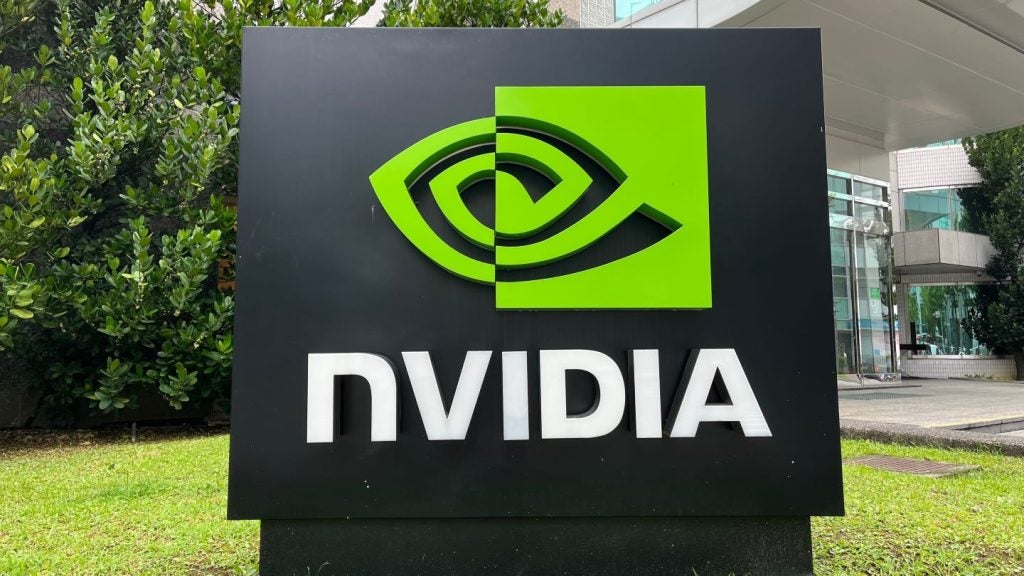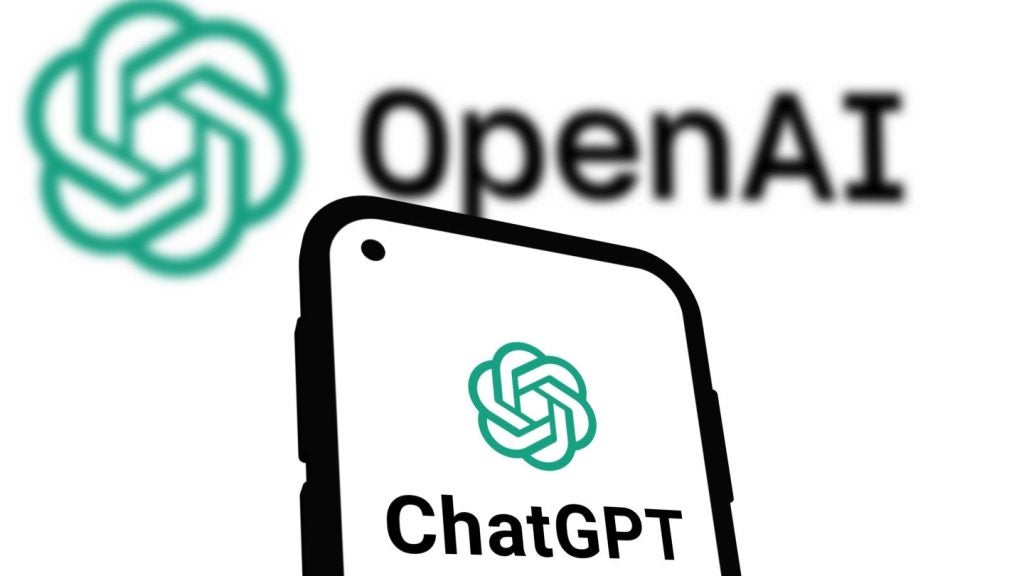Content marketing platforms: Introduction
For many companies around the world, content is king. From websites to apps, white papers to eBooks, many businesses use their digital platforms as a core part of their overall operation.
Within this digital landscape, content marketing platforms have emerged as a powerful tool. Having a robust, agile, and active online presence in the world of digital business and eCommerce is something that is becoming increasingly essential to thrive in competitive marketplaces.
As you would expect, as companies expand and rely on their content marketing strategy, the demand for high-performing content marketing platforms has increased significantly.
With the need to engage audiences, build brand awareness, and drive sales, content marketing platforms need to be equipped to align with business requirements.
Using the right content marketing platform (CMP) can not only help companies streamline content creation and distribution but also enhance the effectiveness of their marketing efforts and strategies.
Our buyer’s guide has been formulated to research and outline the key considerations for businesses and professionals looking for the best content marketing platforms.
Content within is of particular relevance and value to a range of B2B environments, enterprises, and platforms focused on engagement through content.
Who can benefit from Our CMP Buyer’s Guide
Though our guide offers valuable information for a range of professionals, it is particularly relevant for marketing professionals, content creators, digital strategists, and business leaders.
Industries that will be well served by our content include technology, healthcare, finance, and e-commerce.
From small businesses to global multinational corporations, the need for a nuanced and bespoke content marketing engagement platform is of paramount importance in our digital world.
As well as enabling stakeholders and company leaders to make informed decisions, buying the right content marketing platform system must be focussed on aligning it with specific marketing objectives.
Key features for content marketing platform buyers to consider
As the demand for content marketing platforms has grown, the number of providers and suppliers available has also expanded.
With a greater choice comes the need for a more rigorous research and selection policy.
Buyers evaluating top content marketing platforms should include the following components in their procurement consideration process:
User-friendly interface
Content marketing platforms should always offer an intuitive and easy-to-navigate user interface.
This should, among other capabilities, enable users to create, manage, and publish content easily and quickly without the need for a time-consuming learning process.
Content creation and collaboration tools
Content creation capabilities need to be agile, seamless and collaborative.
Buyers should consider selecting only the most robust content creation tools that facilitate this kind of collaboration capacity among team members, thus streamlining workflows from ideation to publication.
Content distribution and promotion
Identifying the best content marketing platforms should involve the inclusion of seamless integration capabilities for distribution and promotional purposes.
In any existing digital ecosystem, users need to be able to integrate a range of content, including social media, email marketing, and other distribution channels, allowing maximization of your content reach.
Reliable analytics and reporting
The success of any company’s content marketing efforts is often seen via reports and analytics.
Selecting a content marketing platform that offers comprehensive analytics and reporting features is critical to this process and information discovery, allowing companies to track engagement and ROI.
Customization and scalability
Having an enterprise content marketing platform that offers a wide range of fully customizable options that align with your brand’s unique needs is important.
Any content marketing platform should also have built-in scalability designed to accommodate your ongoing business growth.
Support and training
It is important, for both time and money-saving reasons, that a content marketing platform provider offers thorough customer support and ongoing training resources.
As well as being useful for immediate troubleshooting, this can also maximize the platform’s potential for all users.
Industry-leading content marketing platforms
There are many options currently available across the increasingly crowded marketplace.
Each company will have individual needs, but some of the current leading Content Marketing Platforms include, but are not limited to:
- HubSpot
- Contentful
- CoSchedule
- Marketo
- Adobe Experience Manager
- Contently
- Kapost
- Percolate
- Sprinklr
- Skyword
- NewsCred
- DivvyHQ
- Curata
- ScribbleLive
- ClearVoice
Technological advancements in content marketing platforms
Some of the latest technological advancements in content marketing platforms continue to improve and accelerate the way marketers can create and distribute content.
As they continue to improve with every iteration, Artificial intelligence (AI) and machine learning algorithms are now being employed more.
Most significantly, these are being used to tailor and personalize content to and for individual users, predict content performance, and automate repetitive tasks.
Additionally, advancements in natural language processing (NLP) are improving content optimization for search engines, enhancing visibility and discoverability.
Virtual reality (VR) and augmented reality (AR) are also emerging as innovative ways to create immersive content experiences.
Content marketing platforms: Our conclusion
Selecting the right content marketing platform is an important decision that should involve rigorous research and clearly defined criteria.
Across an increasingly content-driven digital landscape, any CMP can significantly impact the success of your marketing initiatives and audience engagement.
By considering the features outlined in this guide and exploring the listed platforms, businesses can find a solution that not only meets their current needs but also supports future growth and technological advancements.
References
- HubSpot: https://www.hubspot.com/products/marketing
- Contentful: https://www.contentful.com/
- CoSchedule: https://coschedule.com/
- Marketo: https://www.marketo.com/
- Adobe Experience Manager: https://www.adobe.com/marketing/experience-manager.html





